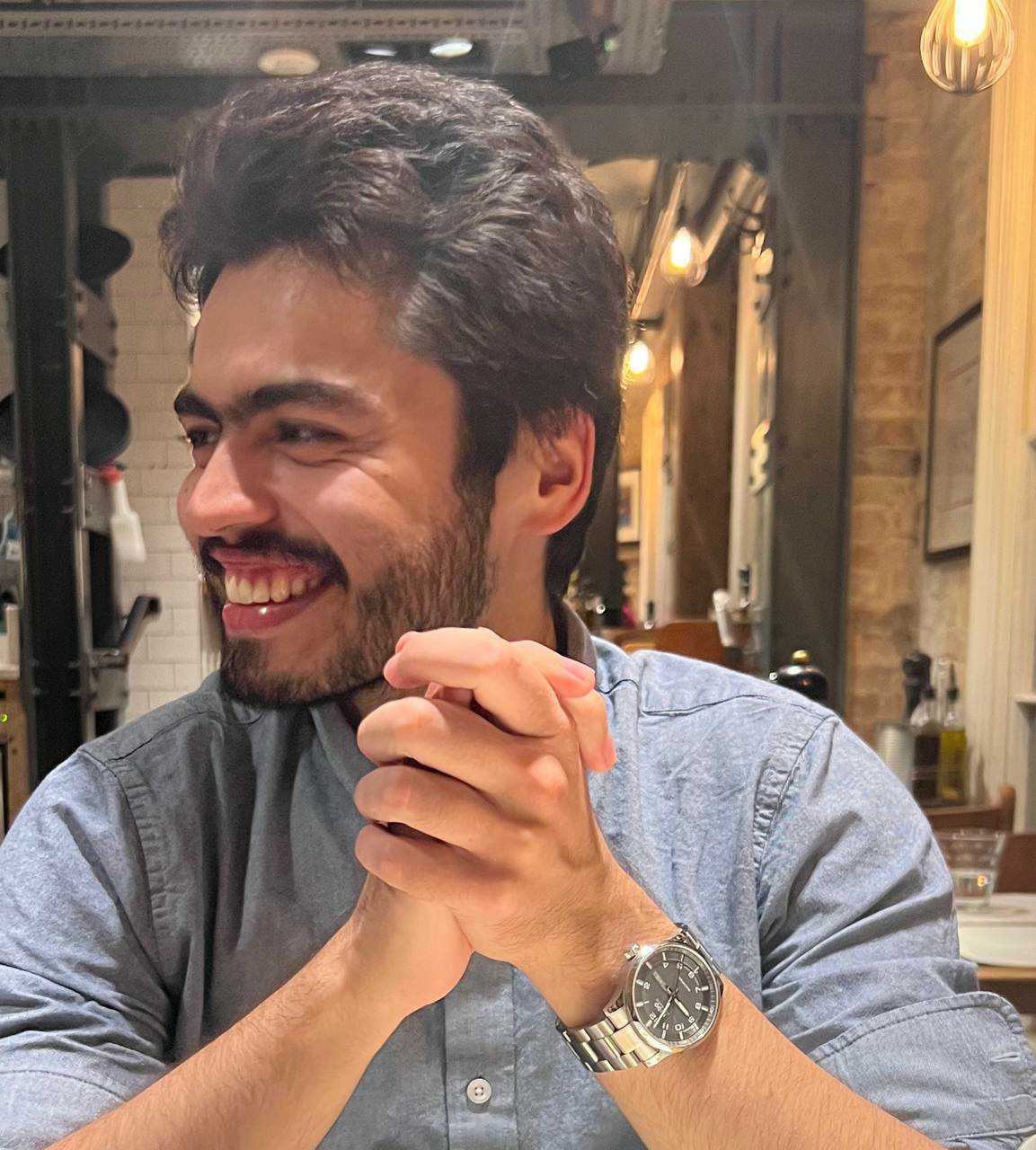Current Status
About to start a PhD at TU Eindhoven soon! I will be joining the Mobile Perception Systems Lab to work on self-supervised learning for automotive 4D imaging radar.
Intro
Welcome to my page! Here's a brief intro about me:
In November 2023, I completed my master's degree (MPhil in Engineering) at Cambridge University in the Physical Computation Laboratory, a research group within the Electrical Engineering Division, under the supervision of Prof Phillip Stanley-Marbell. My thesis was on evaluating the performance of Physics-informed Neural Networks (PINNs) for physical systems based on real-world data collected from experimental setups.
From October 2023 till March 2024, I worked as visiting researcher at KAUST within the Accelerated Connected Computing Laboratory, Prof Suhaib Fahmy's group.
Before my master's, I worked as an embedded systems engineer for one year (June 2021 — June 2022) at a company in Riyadh that develops secure communication devices.
In 2021, I completed my bachelor's degree (BS) in Computer Engineering at King Fahd University of Petroleum and Minerals (KFUPM). For my final year project, I designed a high-speed FPGA-based accelerator design for k-means clustering for image segmentation. The final design achieved a final speedup over the base sequential hardware implementation of around 58x.
During my bachelor's I studied abroad for a semester at Georgia Tech (August — December 2019), where I was also a resident of I-House.
Research Interests
I am broadly interested in machine learning perception and computing hardware for autonomous systems. For my PhD I am working on self-supervised learning techniques for 4D imaging radar in the domain of autonomous driving.
I come from a computer engineering background where, during my bachelor's, I focused on computing hardware. Standout courses that I really got into included digital system design, computer architecture, and embedded systems. I also did a concentration on robotics and autonomous systems.
For my master's I shifted more towards machine learning, focusing on physics-informed neural networks with the motivation of finding ways to accelerate them and deploy them onto hardware. Another motivation was to develop a hybrid physics-based and data-driven approach for model predictive control for real physical system setups.
